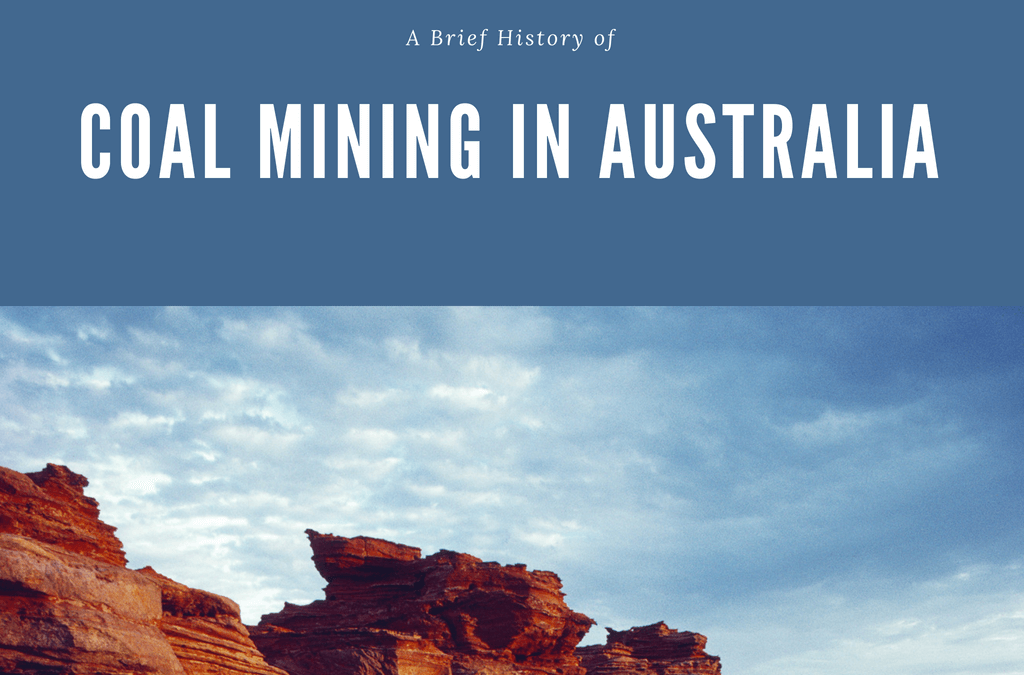Coal had been part of Australia’s history even before James Cook ever set foot on the continent. Although the coal industry did not become fully integrated into Australian society until the 1830s, it soon became a flourishing business as more free settlers made the trek. The success of the coal trade would then give way to more trade opportunities, including salt and lime, iron, copper, brass, foundries, soap and candles, and cloth and flour mills emerged with the introduction of free settlers.
There are differing opinions on when coal was officially first discovered in Australia—some records note that survivors of a shipwreck found some in New South Wales in August 1797. Others indicate that Surgeon Bass, of the famed Bass and Flinders, was the first to notice Australia’s rich deposits.
Regardless of who found the coal first, Australia soon latched onto the possibilities that came with the new source of revenue. As soon as 1804, convict settlements began to develop along Coal River, where there were significant sources of coal, including Newcastle on the Hunter River. Even today, it’s known as the biggest coal exporter in the world.
Settlements expanded past New South Wales as new coal deposits came to light. Victoria and Queensland saw growth; Tasmania and South Australia, and even Western Australia found seams that are still producing coal to date.
As coal mining careers rose in popularity, that also stimulated other areas of growth, such as minerals like gold and tin, and prompted larger, more populated settlements that would grow into booming towns. The need for a more convenient way to transport these goods also became evident very quickly, too, so railway companies came in to assist and profit.
Throughout the obvious success of the coal industry, developing the trade has not come without its challenges. The 1903 strike in Victoria completely disorganised the coal mining trade, and even the present-day industry can feel those effects. Not long after, in 1909, came the Coal Mines Regulation Bill, which provided for the establishment of a State coal mine.
The coal industry has changed to an extent since the first finding in Point Solander, more than 200 years ago, but even today, coal remains the largest export product of Australia. The industry provides jobs across the country, even though the global community is moving away from thermal coal. There is still a great need for coking coal, which is used to make steel, a product the world simply cannot do without.
